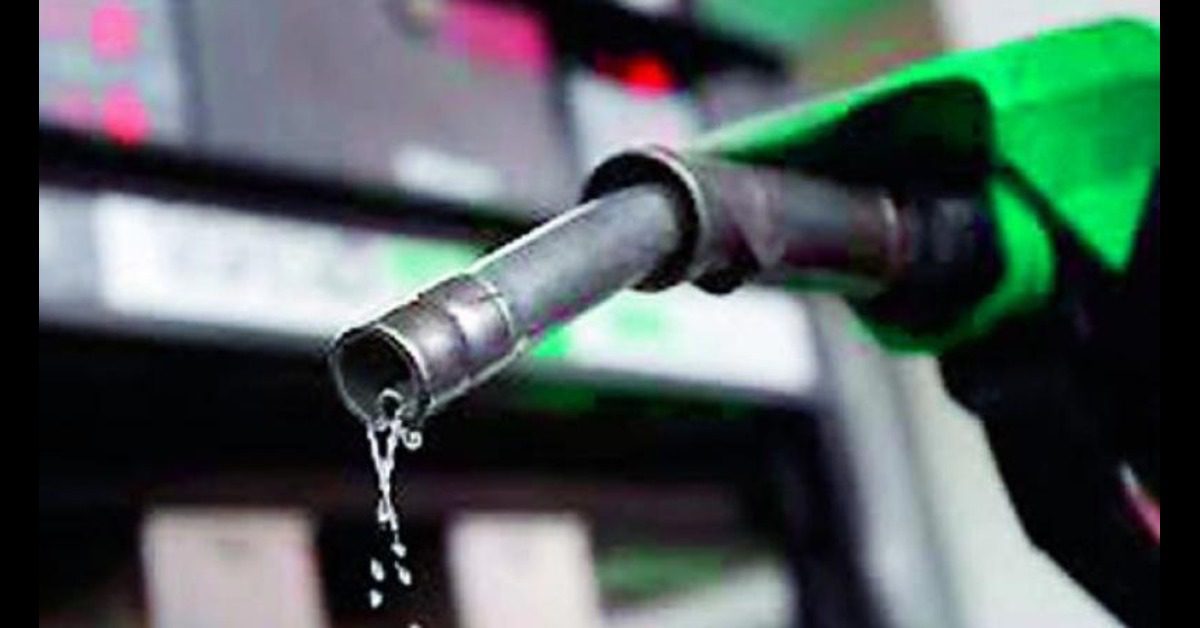Prepare for further increases in petrol prices following the previous hike of Rs. 9.66 per litre. According to our sources, fuel prices are expected to rise by Rs. 7-8 per litre, reaching a new cost of Rs. 297.42 per litre from the previous price of Rs. 289.41.
Meanwhile, the price of diesel may rise by Rs. 1-2/L to Rs—284.24/L per litre from the previous cost of Rs. 282.24 per litre. In the most recent adjustment, the government declared that diesel prices would be reduced by Rs. 3.32 per litre.
According to sources, the government still needs to raise the fuel levy or implement GST. Thus, price increases may occur even if these changes are not implemented. If the government raises these taxes later, the situation may deteriorate, with fuel prices potentially reaching their highest level in the country’s history.
The impending rise is mainly unrelated to the International Monetary Fund’s (IMF) request to restore an 18% general sales tax (GST) on gasoline as a condition for the delivery of the last tranche of its bailout package.
Global oil prices are influenced by the sustained currency devaluation over several years, the complex geopolitical environment in the Middle East, and particularly any signals of a potential confrontation between Iran and Israel.
GST and Petroleum Levy
According to sources, the government aims to hike the petroleum duty from Rs 60 to Rs 100. The Petroleum Development Levy has seen several changes in recent years, including a significant hike in fiscal year 2023.
The petroleum duty on fuel was initially set at Rs. 20 per litre in July 2022, then increased to Rs. Fifty per litre in November 2022, and finally to Rs. 60 per litre until September 2023.
Currently, the government charges a development tax of Rs. 60 per litre on both petrol and diesel, which is the maximum amount permitted by law. When setting these rates, the government takes into account issues such as Pakistan State Oil’s demands, taxes, and global oil prices.

